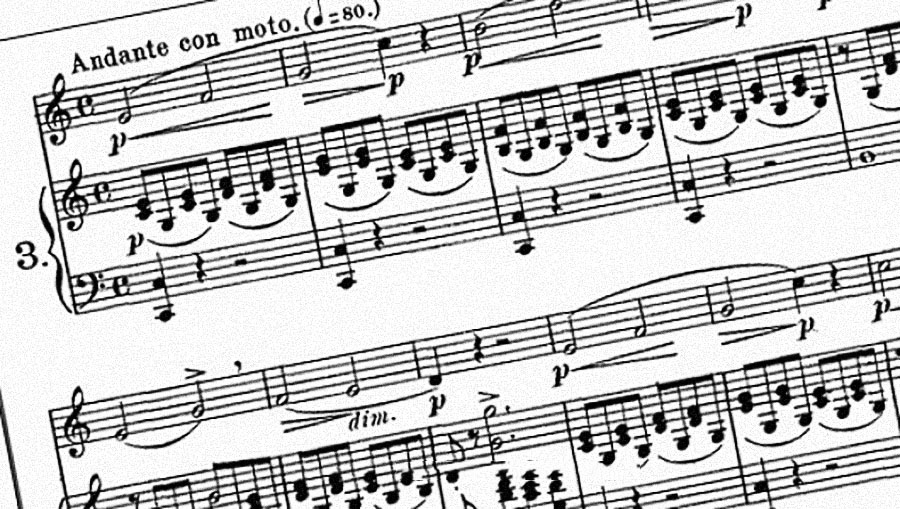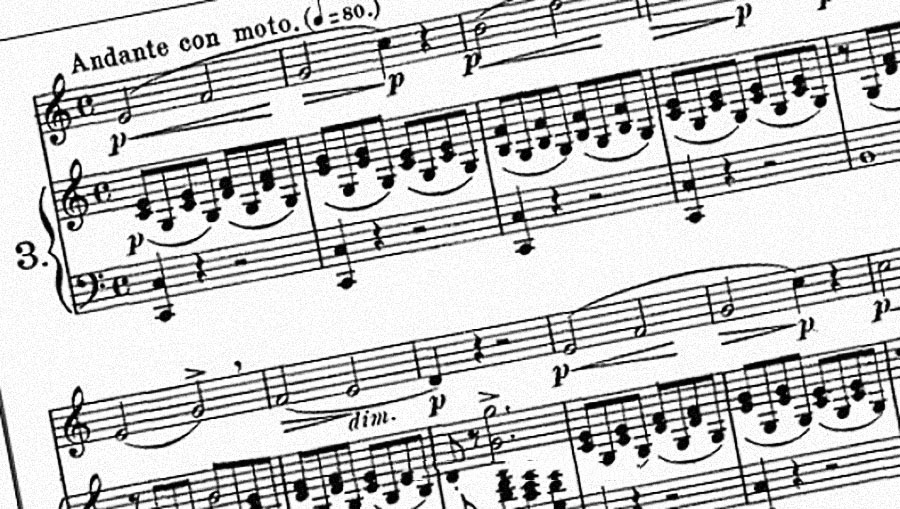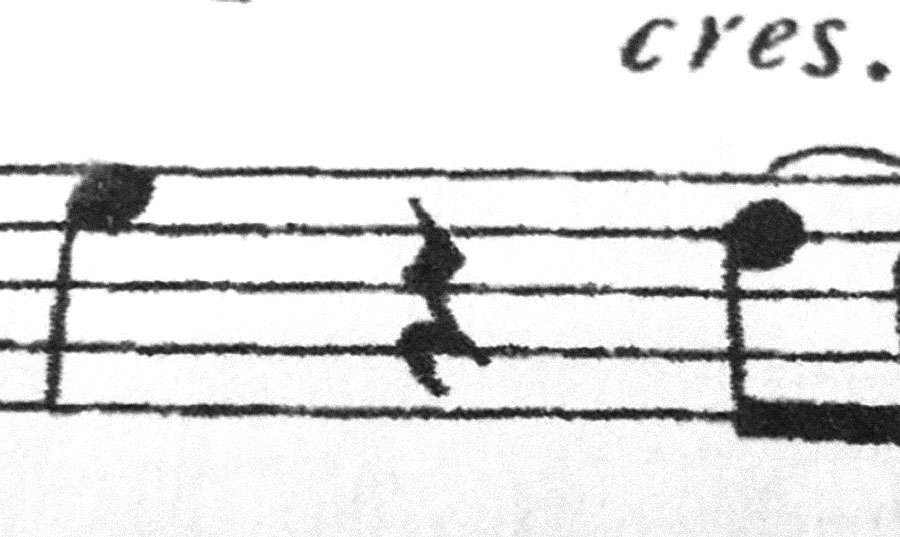
Unlearning choral singing
Second singing lesson yesterday. I was certainly going with a lot of enthusiasm, even if some fears were coming up. A first experience often comes close to the epiphany, a revelation that ignites a fire that is often asleep for a long time. But when it comes time to continue the first effort, the pitfalls, the problems may call you to order. If it is easy to launch the first primary sounds, it must then be possible to be able to go beyond them.
I arrived with the two pieces chosen by my teacher (Vincent Ranallo, a friend I knew for at least five years on the Internet. A week ago, it was our first real meeting). I had worked the two melodies. We only discussed one after the first half-hour of work on various exercises and explanations.
First observation. I have to unlearn the reflexes of choral singing. Singing is simpler than we think, an action that precedes the word in. Singing is done by ceasing to inflate the lungs unnecessarily, by listening to the body, which knows how to breathe (the diaphragm goes down, letting the lungs quickly fill with air. Observe your breathing with your mouth closed. You will realize that it is instead the lower part of your back that opens and that the shoulder blades lift slightly at the air intake. So we sing a little bit with our back).
I have often heard singing teachers come to Ganymede to give us some techniques that we have to sing a little like a simple mind (this includes Down’s syndrome and also children). Why? The reason that controls us and forces us to perform well is our worst enemy. You have to (stupidly) open your mouth very wide as if you were going to yawn (in short: open wide) and at the same time want to whistle. The "cave" thus created at the top of the throat is all it takes, at first, to make his body resonate (at least that’s what I understand at this point in my learning, Vincent may come to contradict me here). As soon as I start singing like that, the sound is beautiful. And as soon as I want to repeat the feat, I hit a wall. My pride, my joy, but especially the adult control I want to exercise over my singing, spoils the sauce.
The many techniques learned during choral singing are as many of these complicated reasonings on the art of singing. So I think I was singing less well in that second singing lesson, and it was inevitable. It is necessary to deconstruct, to return the young man that I was, without these pains, these judgments, which have sculpted my personality.
The second part of the course was dedicated to learning an Italian melody. Vincent initially translated the piece for me (something on a shoelace, a knot that is actually an old metaphor on the chains of love). Then there was the commentary on what Italian is, a naturally rhythmic language (unlike French). Thus, Italian music must always bounce back, have fun with words. Without this liveliness, the music is flat. Finally, we attacked the song itself.
Phew! I lost my vocabulary, I became dyslexic, I ran out of breath (because I was trying to get some), I was suddenly all bent over, and I came out of class with a cramp in my left shoulder. However, when I came home, putting the dishes away, I started singing again, without thinking about it, and the voice had become beautiful again. I was moved.
My current feeling is a little sad. I regret that I waited so long before I really learned to sing. My youth is behind me. Of course, it is a fleeting and futile feeling. In this respect, we would never move forward in life, and the path we choose is wisely the one I should take (I simplify).
I would like my chorister friends at Ganymède to follow my example. Not that they sing badly, on the contrary, but so that they can learn, like me, not to be afraid to sing anymore, to find a piece of youth that will never have left them.
I look forward to my third class.

